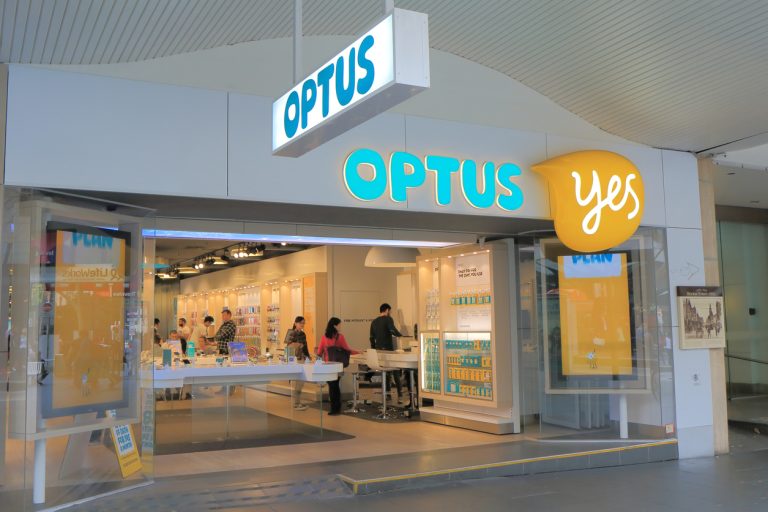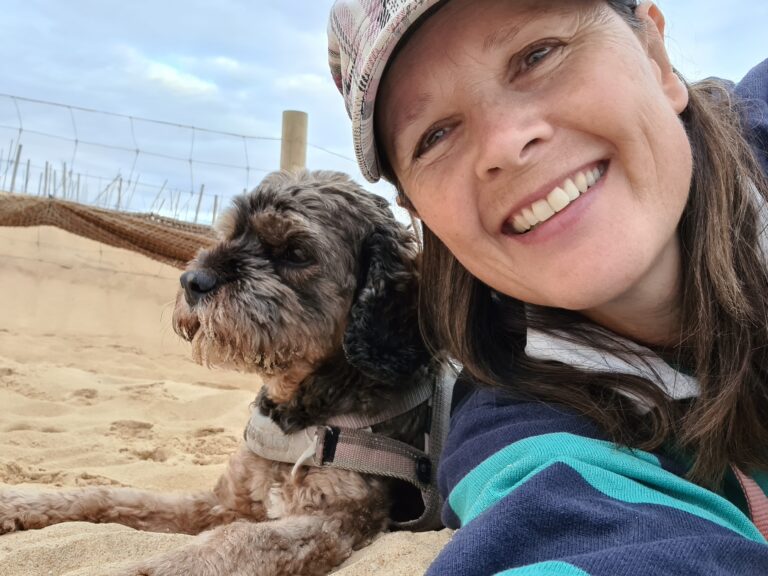No organisation is immune — it could be any of us
It doesn’t matter what industry you’re in.
When your organisation makes headlines for a failure in its most fundamental duty, that’s not an “oops” moment — it’s a flare shot into the sky, exposing a bleed that’s been happening on the inside for far too long.
Most “incidents” aren’t surprises; they’re the inevitable outcome of warning signs ignored, corners rationalised, and leadership distracted by optics instead of reality. By the time the public sees the failure, the fundamentals have already fractured.
In essential services, where trust and safety are non-negotiable, those fractures aren’t just operational risks — they’re existential ones. They don’t merely tarnish reputation; they jeopardise lives. And when lives are at stake, “we didn’t see it coming” is not a defence. It’s an indictment of the system’s readiness.
The Case We Can’t Ignore: Optus
We’ve just witnessed this truth play out again.
In September 2025, Optus suffered another catastrophic breakdown in its emergency-call systems. Hundreds of Triple Zero calls failed. Investigations now link multiple deaths to this outage.
But this was not an isolated event.
It follows a pattern — a deeply concerning one — of repeated cracks in the same foundation.
In November 2023, more than 2,000 Triple Zero calls failed during a nationwide outage, leading to a $12 million ACMA penalty. In that event, not only Optus customers but also Amaysim users — whose services rely on Optus’s network — were unable to reach emergency assistance, meaning welfare checks could not be triggered.
Months later, Optus faced additional regulatory action for incomplete emergency-contact data.
And in June 2025, Optus admitted to unconscionable sales practices affecting more than 400 vulnerable customers and agreed with the ACCC to seek a $100 million penalty; on 24 September 2025, the Federal Court ordered that penalty.
Different incidents.
A multitude of symptoms — some overlapping, others compounding,
Same underlying issue.
These repeated failures tell a story — one of a business struggling to maintain the health of its own systems, culture, and accountability. The warning signs have been flashing for years. Yet with each event, the response has focused on the incident, not the illness.
When symptoms keep returning, it’s no longer an accident — it’s a diagnosis.
And that diagnosis is not limited to one company.
The truth is, what’s visible at Optus could easily be mirrored in other organisations — wherever people are stretched too thin, systems are overextended, and leadership is more reactive than preventive.
The Drift Beneath the Surface
The collapse of fundamentals rarely begins with a single catastrophic event.
It starts quietly — in moments of pressure, fatigue, and stretched capacity that slowly pull good people away from good practice.
Safety reviews don’t always get postponed; more often, they’re completed under strain. Corners aren’t necessarily cut with intent — they’re skipped under pressure, when time, resources, and attention are all in short supply. When people are asked to do more with less, even the best processes can falter.
We don’t yet know every detail of what happened in the Optus incident — investigations will reveal more — but we do know human error was involved. And when human error enters the arena, it rarely stands alone.
It’s a signal that something deeper is at play: a system under stress, expectations misaligned with capacity, and people who are trying to hold the line while the load keeps increasing.
Risk starts and ends with people — and that means so does support.
When employees are stretched beyond what’s sustainable, or when operational demands outpace the systems designed to safeguard them, the organisation itself becomes complicit in its exposure. Not deliberately, but structurally. It’s a slow erosion of safety through overload — and it leaves even the most competent people vulnerable to failure.
Human error, in truth, is often human consequence.
It tells us something about the conditions leaders have created — the tension between expectations and resources, between ambition and reality.
If an organisation cannot effectively ensure that its people have the time, tools, and structure to do their work the right way — in a way that protects both the customer and the employee — then it must ask itself a hard question:
Are we still fit for purpose?
Because when systems are so strained that the fundamentals can no longer be upheld, it’s not just performance that’s at risk — it’s the organisation’s integrity, credibility, and licence to operate.
Leadership in the Fracture Zone
Every executive knows that running a modern organisation is complex. Systems are interconnected. Supply chains are global. Regulations are intricate. But complexity doesn’t absolve responsibility — it magnifies it.
When fundamentals fail, it’s not just the operations that are in question; it’s the worthiness of leadership itself. Because when lives are lost — as they were in the Optus case — the question that echoes isn’t just “What went wrong?”
It’s “Who was watching?”
Competence and care can never be separated.
Leaders can delegate authority, but they can’t delegate accountability.
And here’s the uncomfortable truth: when leaders spend more time managing perceptions than proving resilience, they create organisations that look strong on paper but are brittle in practice.
Resilience isn’t built in crisis; it’s rehearsed in calm.
The best leaders don’t wait for systems to fail before testing their integrity.
They challenge assumptions, rehearse the fundamentals, and make failure drills as routine as financial audits. Because they know that the day they stop proving the basics is the day they start gambling with confident… with trust.
From Promise to Proof
If you can’t prove your fundamentals, you haven’t earned the licence to operate.
Proof isn’t paperwork. It’s the discipline of showing, not saying — of turning policies into practice and procedures into muscle memory.
For critical services like telecommunications, this means pressure-testing everything: emergency routing, failovers, escalation protocols, data integrity, cross-functional communication, regulatory reporting. Not once or twice a year — but continuously.
For other sectors, the fundamentals may differ — safety systems, patient care, financial governance, or environmental stewardship — but the principle remains the same.
If the foundation of your service collapses, so does your social contract.
Care is not the proof. Practice is.
And yet, we still see organisations treating the fundamentals as static checkboxes rather than living systems that require maintenance, review, and real-world rehearsal.
That’s why this conversation must expand beyond one company or one industry. Because when the same patterns repeat — across different sectors, under different banners — we are no longer looking at isolated incidents. We’re looking at a shared cultural blind spot.
A Call to Leadership
It’s easy to judge from the outside. But the real question for every leader reading this is uncomfortable and necessary:
If your organisation were suddenly under the same spotlight, how confident are you that your fundamentals would hold?
Would your systems, people, and culture prove ready — or would they reveal the same strain fractures hiding beneath the surface?
Leadership today demands courage not to spin, but to see.
To look at your fundamentals with honesty, humility, and urgency.
To ensure the next headline isn’t yours.
Because once the fundamentals collapse, no amount of PR, innovation, or apology can rebuild what was lost.
Honouring What Was Lost
Behind every outage, every system failure, and every “unforeseen event,” there are human lives impacted — and sometimes lost. The least we can do is honour that truth by ensuring those lives were not lost in vain. Their lives mattered.
That means confronting the culture of denial that keeps us reactive instead of preventive. It means restoring accountability as an act of leadership, not blame.
Because when lives depend on your service, competence isn’t optional — it’s sacred.
So before the next incident becomes another headline, ask yourself:
Are you proving your fundamentals… or just promising them?
Unearth — A New Perspective on Risk
We can’t rewrite what’s happened. But we can learn and lead differently.
This is the call to every leader — in every industry — to treat the fundamentals as sacred, not assumed. To restore integrity to the systems that hold lives, livelihoods, and trust in their hands.
Because when the basics are broken, nothing else matters.
And when we protect the fundamentals, we protect everything.
At Unearth, we believe risk starts and ends with people.
When organisations place systems before people, they don’t just lose connection — they lose sight of what keeps them safe, trusted, and whole.
Through our people-centred approach to risk and leadership, we help organisations Protect the House — rebuilding trust, accountability, and resilience from the inside out.
Because creating a safer world begins with the courage to face what’s broken… and the wisdom to rebuild better.
Risk Rebels… What Say You?!




